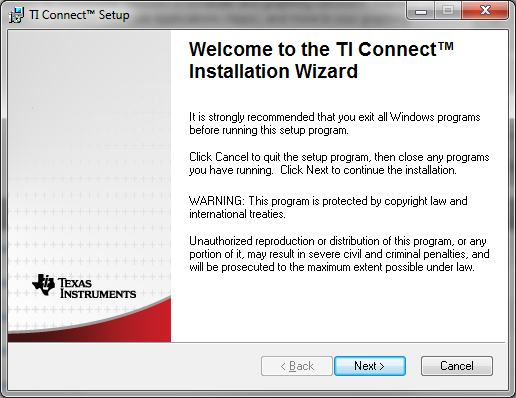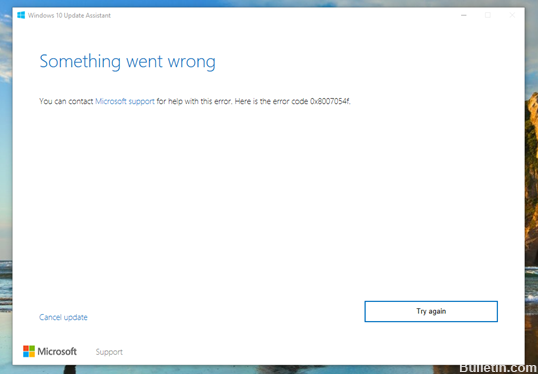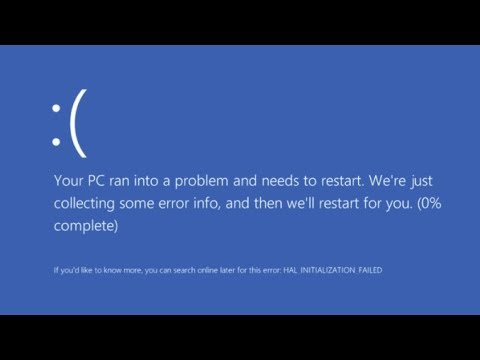In the field of SEO, orphan pages they refer to pages that have lost reference to other pages of a domain. These pages generally do not contain incoming internal links and cannot be crawled by search engine robots. Due to the missing references, they are basically not noticeable.
General information
The WWW is actually about websites that are linked to each other. Hyperlinks or references direct the user and the search engines to other pages on the web. The basic idea is that the content is linked to each other and can be accessed through references. Orphan pages are not part of this website, but arise when old content is changed and thus disappear from the web network.
Practical relevance
Orphan pages can occur in different situations. Probably the most common situation is when an error has been caused throughout the web design, such as to relaunch a page or create new content. A missing link or a bad link to a page makes it unreachable by search engines.
Users can enter the URL directly into the address line of the web browser, but in this circumstance, they have to know the exact address. For this reason, orphan pages are often designed as test pages to test specific content or layouts within a particular group of users without search engines being able to crawl these pages. The third application is that orphan pages are used as entry pages because they do not have inbound links, but they can provide outbound links without backlinks. In this circumstance, they serve as an entry page for other pages or content. A search bot will not be able to find this content, so they should be avoided from an SEO perspective. They also tend to violate Google policies.
Orphan pages are also distinguished from dead-end websites. Dead-end pages do not contain outgoing links and do not lead to other content. Both users and search robots have no way to exit the page through an outgoing link. The typical case of a dead end page is a 404 error, which must be completely avoided or requires special manipulations from an SEO perspective.
Relevance for SEO
Orphan pages are not beneficial for web pages because the principle of a search engine crawling is based on the following hyperlinks. If a page does not contain internal or external inbound links, the page is not in the tree structure of an HTML construct and is isolated from other pages. At this point, the search engine bot should stop and crawl a different part of the web. It may happen that the search engine bots cannot capture all the pages due to the orphan pages since you repeatedly get lost in the URLs and have to abort the search.
Orphan pages can also include pages that have very few inbound links, which in turn come from partially or totally orphan pages. In general, the link structure of a page should be evenly distributed to pass the Linkjuice internally to the important pages and provide a good user experience.
Orphan pages can be identified with different methods. You just need a list of all the URLs in a domain and compare it to a list of crawled URLs. Different service providers, including Google, provide special tools that work like a crawler. The text-based LYNX crawler is an example of this. The comparison of crawled URLs with all existing URLs must be done manually or by exporting the data[1].
Web Links






